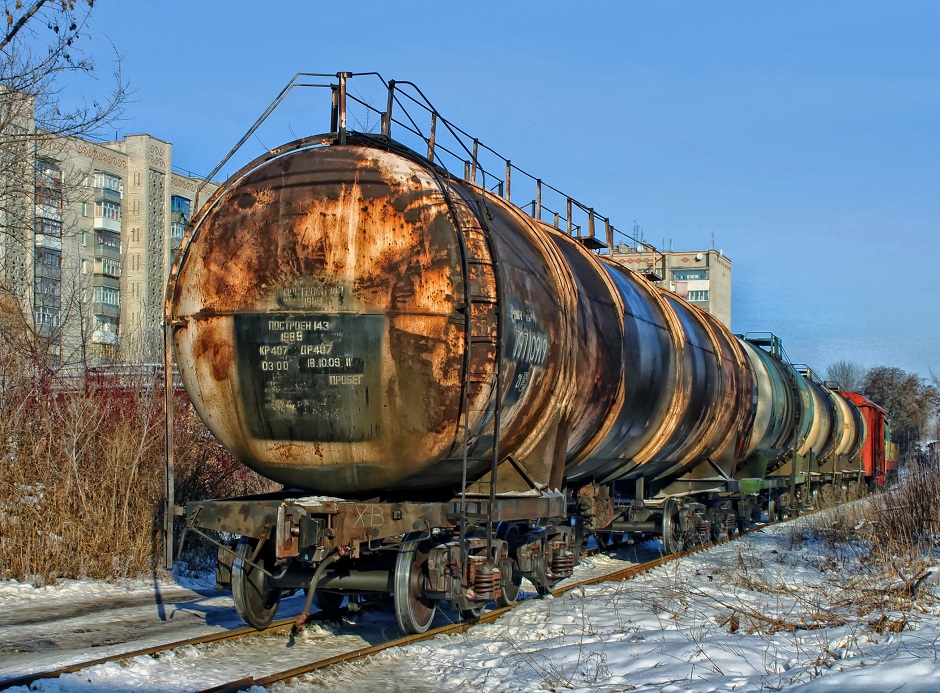It's a Team's Life

Fuel Contamination Solutions
A while ago we posted an article on Diesel Fuel Contaminations. In this article we discussed the different types of contaminations that can happen to diesel. Let’s review the types of contaminates:
There is water, inorganic, and microbial. These were the three we coved in that article.
Here is a link to the Diesel Fuel Contaminations article:
https://www.expeditersonline.com/trucking-blogs/its-a-teams-life/diesel-fuel-contamination-10477.htm
Fuel testing to figure out what exactly is wrong and what is needed to fix the contamination in the fuel. Tank cleaning to keep from getting contaminates in the fuel. Chemical treatment that tank cleaning cannot take care of.
Let’s look at the different ways of fuel contamination and solutions to correct the problem.
Sludge buildup in tanks:
Sludge builds up in the bottom of the tanks. It reduces the energy; the fuel will burn incomplete and leave deposits. Stabilizers will help slow any sludge that will form in the tank. A stabilizer should have the following to be most effective. Antioxidant, Dispersant, and Metal deactivator. They should also have a low treat rate, at most 1:2000. The most effective ones will be be less than that. To be effective the additives should be added early in the life of the fuel. The reason for this is once the process if started the additive will not reverse it.
Microbial contamination:
How can fuel get microbial contamination. Removal of the sulfur and aromatic will cause the formation of microbials in the fuel. The prevention of microbial formation can be split into two different areas. The first is good housekeeping, which is trying to prevent water build up in the tank. The second is an existing problem, a biocide must be used water control additives will not work.
Choosing the correct biocide. The best biocides should incorporate the following characteristics (broad spectrum, fast acting, long lasting kill rate). Take note that biocide only last for 30-60 days. Follow the instructions on the bottle of biocide for best results.
Filtration considerations:
Today most diesel engines have a dual filter system a primary and a secondary. The primary filter has an effective rate of 7 µ to 25 µ. The secondary filter is usually placed transfer and high-pressure injection pump. The secondary filters protect the high-pressure fuel pump and sensitive fuel injection components from particles with an effective rate of 4 to 5 µ.
Some engines will also have a water separation filter system also. Keeping the water from getting into the engine system.
So, that covers most of the ways of fuel contamination.
Sandy & Stephen
Pinch Hitting for TeamCaffee
